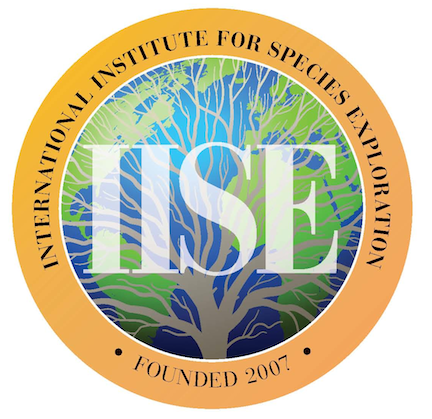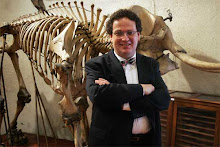From time to time I receive irate feedback from a reader of my column, New to Nature, in London's The Observer newspaper concerning my use of the phrase "new species." The reader notes that the species is not new but rather new to science. The gentle reader is, of course, absolutely correct. For the record I accept the results of Francesco Redi's experiments and I reject spontaneous generation as well as rancid meat. While I have seen examples of small, isolated populations of insects that seem to have attained full species status since the retreat of the Wisconsin glaciation cycle ca. 12.000 years ago, it is the case that most species require hundreds of thousands to millions of years to reach species status. Thus, once and for all, I use the phrase "new species" merely as a shorthand for the less alphabetically parsimonious "species new to science."
The wrath of readers would be far better directed to those who persist in wasting perfectly good binominals on species-in-the-making (that is, the dreaded and always to be avoided subspecies) rather than demonstrably full species and those who would use the word species for mere arbitrary, average genetic distances such as DNA barcodes. These are worse than neo-Creation, out-of-the-blue, species claims for they are not species at all. It is more productive to argue over the origins of species than to dilute the concept to meaninglessness.
A great deal of the plight of taxonomy arises from a confusion between the study of species and the study of species-in-the-making (commonly known as population biology) with the implicit supposition that species are not objective entities in nature. They are only subjective to the extent that one fails to distinguish between the objects of study of pop bio and taxonomy.
Much to the chagrin of the more critical readers I shall continue to refer to new species under the possibly overly charitable view that even a minimal understanding of evolution will lead to the conclusion that I mean species new to science.


